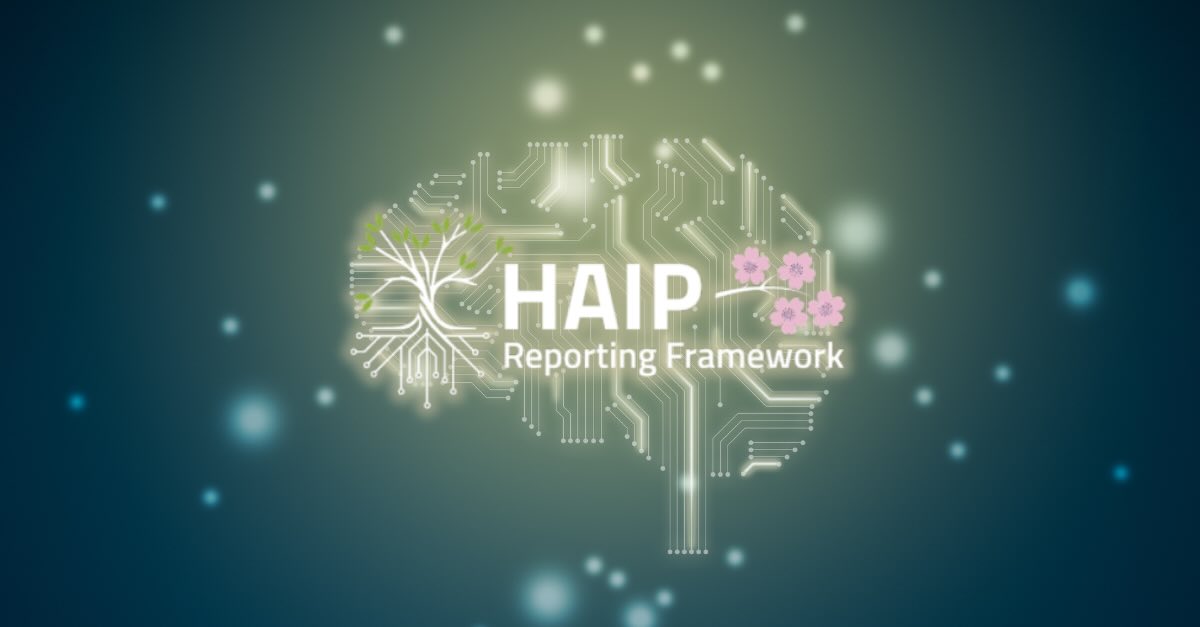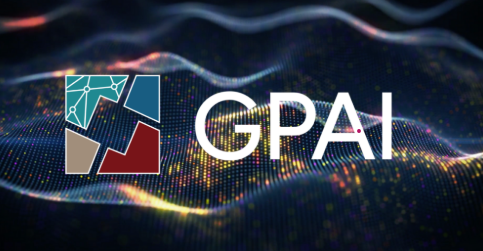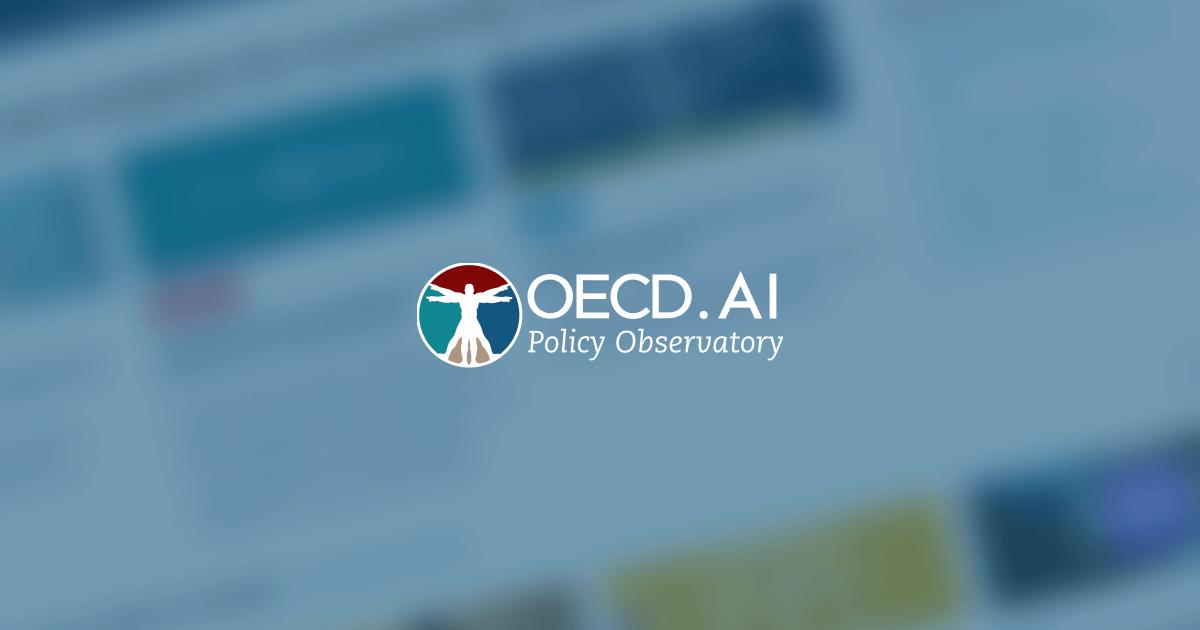Online learning has the potential to provide access to education in a wide range of topics to a large population around the globe. Coursera, an online platform for higher education, serves over 65 million learners around the world by providing access to educational content from leading universities and companies. The scale of the platform, which includes more than 4 300 courses, over 400 specialisations and 20 degrees, creates one of the largest skills databases in the world.
The Coursera Global Skills Index (GSI) 2019 draws upon Coursera’s rich data to benchmark 60 countries and 10 industries across business, technology, and data science skills to reveal skill development trends around the world. Coursera measures the skill proficiency of countries in AI and related skills, including math, machine learning, statistics, statistical programming, and software engineering. Arguably, these related skills cover many important elements needed to build and deploy AI powered technologies within organisations and society.
The visualisation on OECD.AI provides a relative ranking of countries based on their AI-related skills. It was built using Coursera’s GSI 2019 data, made available at Stanford’s Human AI Index website (for technical details on how the percentiles were constructed, please refer to the technical annex of Stanford’s Human AI Index report). Percentiles are normalised by AI-related skill. When more than one skill is selected, the corresponding percentiles are stacked on top of each other. As such, the total height of the bar represents the sum of all percentiles for the selected skills in a given country.

























